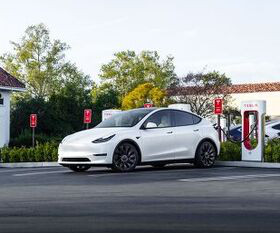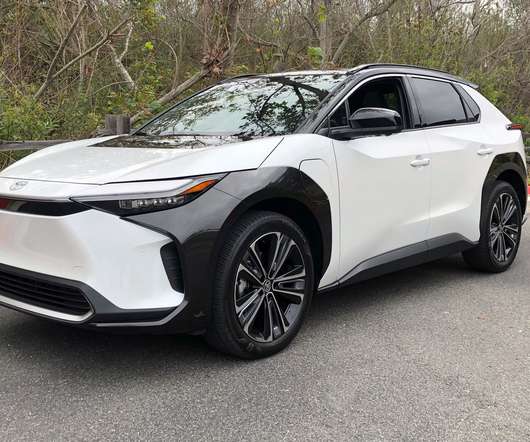Polk County, Oregon Sheriff’s Office running 10 patrol cars on propane
Green Car Congress
JUNE 3, 2013
The Polk County, Oregon, Sheriff’s Office is running 10 patrol cars converted to propane autogas, including seven Ford Crown Vics, two Chevy Tahoes and one Ford F-350 pickup truck; the office expects to save more than $20,000 every year by using the alternative fuel. —Sergeant Mark Garton, Polk County Sheriff’s Office.




















Let's personalize your content